Mic Drop: The Rebirth of a Movement- An Interview With Darius West
Published on November 7, 2023
Next week the history of Christian Hip Hop (CHH) will be commemorated with the official release of Mic Drop, the documentary.
Eight years in the making and with three previews under its belt, the film will finally have its day in the sun, and all CHH artists both past and present will be able to look back at their roots anew, with a sense of wonder and excitement.
The movie chronicles the origin story of CHH, starting with its underground movement to youth culture darling. Featuring the forefathers of the genre, Chris Cooper, Stephen Wiley, Dynamic Twins, Fred Lynch and many more- the film sets out to honor those that built the platform in which the artists of today stand.
In his directorial debut, Darius West has expertly commanded the narrative of a movement that was ill-understood and has given it a new life in time when it needed it most.
I was fortunate enough to sit down with the director to talk about the project.
Thank you for taking the time to talk with me. It was has taken 8 years to release this film, tell us a little bit about what that journey has been like and some of the obstacles you’ve faced along the way.
The most prominent part of the journey has been dealing with the artists, dealing with music execs, essentially dealing with the gatekeepers. Having to navigate that from a developing relationship standpoint.
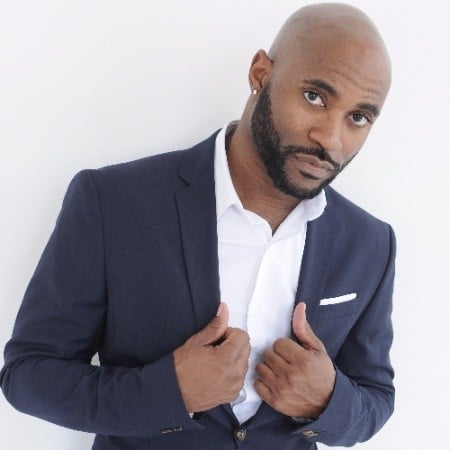
With a project like this that has never been done, you are always going to face challenges and roadblocks- not that it’s not impossible, it just hasn’t been done before.
A representative of Rapzilla, said that there has been 12 attempts from their side to do a project like this. I am not aware of those 12 attempts and who was involved in trying to do that- but I went to film school in LA- and being part of the industry, I knew what it took.
I can’t say that the people who said they were going to do it, knew what it took to make the film.
I was well versed in, and was able to understand what it took to do a project like this- budget, investors and foreknowledge.
12 attempts! It wasn’t for them to make, it was for you to make.
Yup, that’s how we see it. One of the things we’ve learned throughout the process- we being my executive producer Michael Anthony Taylor and I, who I have known for the better part of 30-something years.
He was, and still is like my big brother, and so when he and I came together to make this happen- we knew it was possible because of the relationships we had built over the years in the music industry as well as the vision that we had.
He was bringing the element of music to it and I was bringing the element of film to it- and so with both of our backgrounds and expertise we could put together something many believed wasn’t possible.
You had certain artists and people who didn’t want to be part of the film, because they wanted to do their own documentary. And they did do their documentary but it didn’t go anywhere, and one of the things we wanted to emphasize to these artists was- you have an opportunity to all be in one documentary together. And this can branch off to allow you to make your own documentaries or miniseries, because there has to be a platform.
If there is no platform for CHH in terms of documentaries, you just have mini docs here and there. The importance of Mic Drop was and still is to create a platform for filmography and documentaries for CHH. And that’s what this film is doing and will continue to do.
We believe it will be a cult classic because its never been done. It’s the first of its kind. So people will relate CHH and filmography and documentary to Mic Drop as the centerpiece and platform.
Like Stephen Wiley did when he got his distribution in 1985, and became the first Christian Hip Hop artist, a rapper at the time to get a distribution deal, which created a platform for Christian Hip Hop.
We have the distribution, Warner Distribution. That gives us instant credibility to help create a platform for the visual aspect of CHH. Because up until this point, CHH has been mainly music and music videos- but there hasn’t been documentation, no origin story and bringing these people together.
85% of the people in the film, got the vision and came on film- some came later. I shot interviews in 2016, which didn’t get signed to be in the film until 2022. But once the CMM came out for a year ago, some of those artists thought they should have been a part of that [and they weren’t], so they came back around to us and said- “hey can we be in the film?”
Well, yeah, of course.
We’ve learned patience, we’ve learned God’s timing- because one of the things I speak about most fervently is: the bigger the purpose, the longer the process. If you rush the process, you find yourself outside the timing of God. You can try to make it on your own timing, but it aint gonna work.
That’s what Mic Drop has been for us, truly learning the timing of God, and seeing the results because we eventually said: Ok, God, this is your thing. And however you wanna do it, do it.
At first, it just started out as a passion project- something that had to be done, because it had never been done. But I’d say in 2020, is where everything shifted and that’s when we officially released the new official trailer, and it just spread all over the world.
We had thousands of views from all over on this trailer on Facebook, something we thought was only going to have 1500 views. That was a shift for us, because we realized it was more than a movie, it was a movement. And so we had to change our perspective.
And that’s what put us in the position we were in, putting on the three premiers. One that year in Nashville in Oct 2020, in the middle of the pandemic. They said it was impossible for us to do a premier in the middle of the pandemic- Warner told us this- but we kept doing things people said were impossible.
But we limited it to 100 people and did it at the Virgin Hotel- they had just opened 100 days before in the middle of the pandemic, and we were the first event at that hotel. So we had all the staff. Everyone was hands-on to make it a successful event for us and them.
And it was mind-blowing.
People flew from all over the nation for that premier, it was crazy! The person who flew the furthest was from Seattle, Washington- all the way to Nashville in the middle of the pandemic. So it was wild!
So the next year, let’s go the next step higher and do a live concert featuring these CHH pioneers. Something that’s never been done. So us and our investors flew Mike Peace, and Stephen Whiley in- we flew in all these artists to Dallas to be part of the first CHH concert featuring the pioneers. And then we flew in Holy Culture and Rapzilla- that was something else and it was great.
The day before the event, the guys were meeting up in a restaurant, people that hadn’t seen each other in 20-something years- hugging each other, holding each other and you could see the brotherhood like man, this is crazy.
From that concert, DOC got back together, PID got back together- now PID is signed to Holy Culture. And so we see what God had in mind, something we weren’t even imagining. We just wanted to do a film. That’s when we realized even more so, it was movement more than just a movie.
So the following year we wanted to do the last big premier in Tulsa, because that’s where CHH started. And this time we did a live concert but we added a live band, and lets have the openers be artists that are in the film, some of the younger artists coming in CHH. Let them open up the concert. So we did that. We had dancers- my daughter was one of the choreographers.
When we look at our journey, we see how God’s hand has been on something that just started me and Michael saying, hey man, we gotta do this thing.
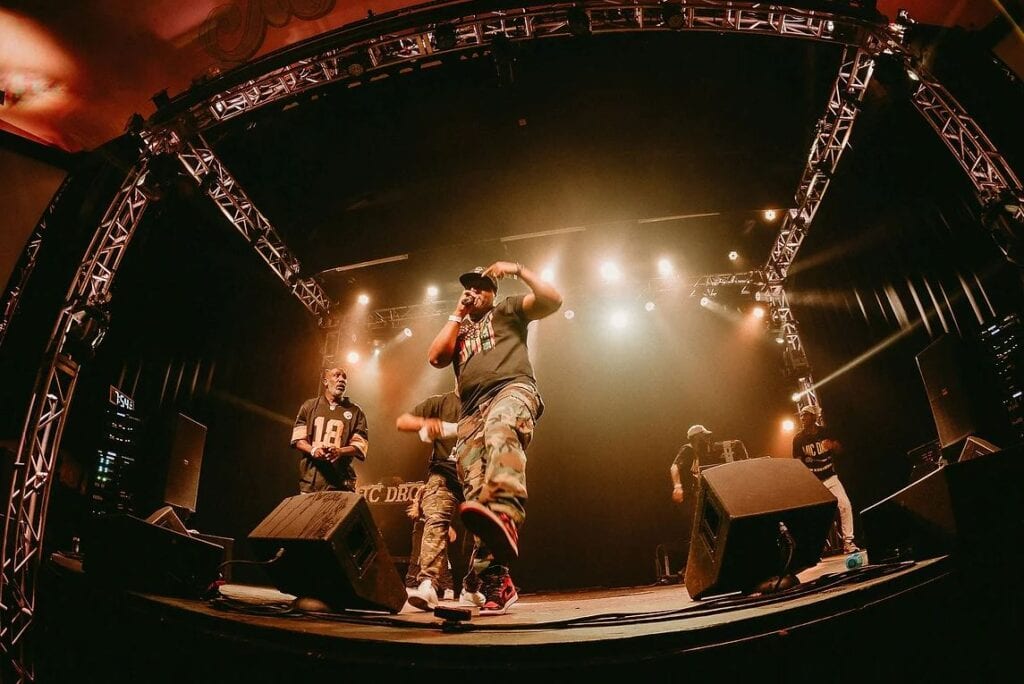
One of the things I learned in film school was that 75% of films, especially independent films, never make it because they lose money in post-production. And because I was already an editor and already in post-production I could handle that. I also understood that most films that are looking for distribution go to film festivals- and I said I didn’t want to do that, that’s the long way. I wanted to secure distribution before we even started filming. So that’s what I did.
So that’s what I did in January 2015 when I jumped on a plane to start recording interviews, I did what we call in the industry a sizzle reell, and we showed that to Warner and that’s when we got the distribution before he filming. Now we could just focus on making the film.
What was your aha moment when Christian Hip Hop and film came together? Why did you feel like making it was necessary?
The whole purpose was to tell the history of CHH.
Michael is and was a real avid watcher of music documentaries. That’s his love, I had a love of film. So he came, and he said, “man we need to do this,” and we took over our life and all the different groups of people we were connected with growing up in the industry.
And we said we needed to tell the story of the history of CHH because when you look a hip hop from the mainstream, they are always talking about the history. They are always honoring their forefathers, but in CHH, there has never been any honoring of anyone who came before Lecrae, Andy Mineo.
People think it started with DCTalk and it’s like nah! And that’s what drove us. These guys built the stage, and everyone else is standing on the shoulders of the ones who started this. That’s why history for us is important.
In the film Fred Lynch (PID) said, “Back in the day, you had to have a Bible in one hand and a newspaper in the other, and you had to exegesis your culture to find a common ground,” that’s probably one of the best lines I’ve ever heard in my life. But in thinking of what God is doing Gen Z in a very tangible way, how do you see CHH fitting in?
Hip Hop has always been the voice of what’s happening in a community, or culture or group. When hip hop started it was labeled gangsta rap from a corporate standpoint to create a negative connotation. But when Hip Hop started, it was more, hey, this is what’s happening in our neighborhoods.
It was always conscious, this is what’s going on, how can we better ourselves. It was the voice of a people.
That’s what Fred was talking about. I have to be conscious about what’s going in society and what’s happening in our communities, and I need to bring the scriptures in to bring relevance to the message of the gospel so I can speak to what’s happening in our communities and what’s happening in our society, because I am using God’s Word as a vehicle to reach a young people who are coming up in this type of society.
And the culture of CHH was established as a tool to reach, a tool of evangelism to bring the word of God in.
PID had a song called “Current Affair,” the story about a young woman getting pregnant and how God can revolutionize that young woman’s life. And that happens in real life. We can’t be like: no, we can’t talk about that because that’s ungodly. That happened to a pastor’s daughter!
But we bring the word of God to tell a story in a sense that is relatable to the people but at the same time you are bringing the message of the Kingdom that can revolutionize people’s lives. And that’s what CHH really is. And that’s what we are trying to bring back to the culture of CHH.
We want people to understand that CHH is not a job; it’s a calling. Most of these gentlemen and ladies, were called to this, and they were not motivated by money or getting a new house cuz most of them couldn’t pay their rent doing it. That’s when you have to understand that the call is much greater than just a passion.
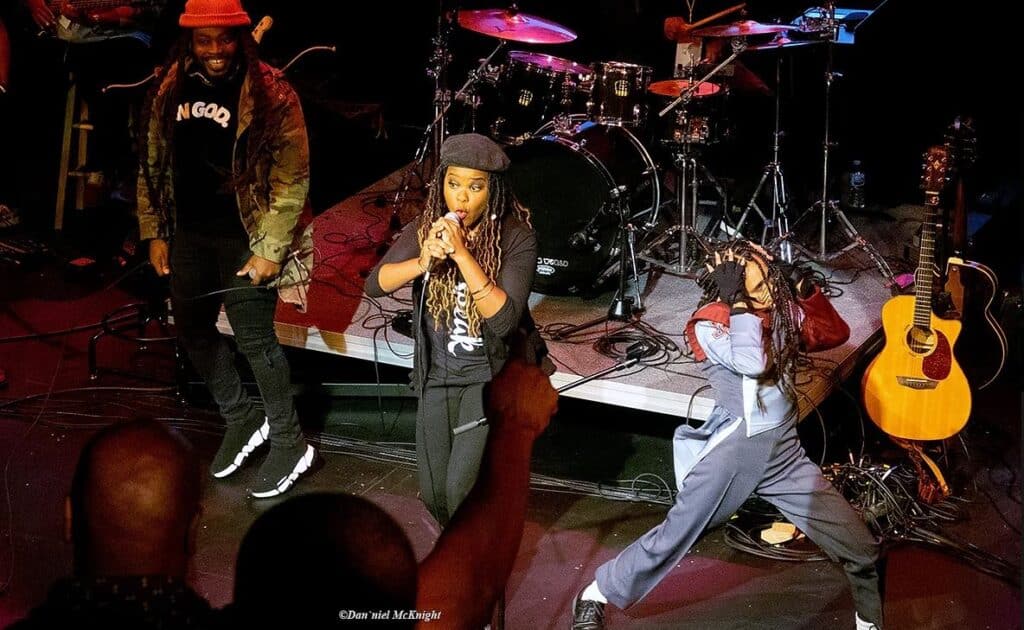
Speaking of CHH veterans that have resurfaced. There seems to be a hunger for that generation to come back. For example, I will be forty this year, the rap of now doesn’t appeal to me, but the rap of my teens does. Now, the people of my age and the generation before me, we want to hear an updated version of what we grew up with. With PID coming back and signing with Holy Culture, will it encourage other artists to do the same?
Definitely, if you look at mainstream, that’s what they do.
Usher came back, and others came back. Because there is a generation like us, we grew up with type of music- and they are coming back with new music putting on tours.
Because there is a generation that’s in the middle, that’s us, that are not getting the music they grew up with. You are getting the news stuff. But that’s the importance of the PID’s coming back.
We understand that these guys still want to do some stuff. After this documentary comes out, and GRITS performing at the DOVE’s, I can see them wanting to get together and do more. Because people just dont’ know.
This is why we feel the film will do well and have longevity as far as a cult classic, because it will touch the people who grew up in the culture, then the younger generation that thought it started with Lecrae and then you have the generation that didn’t know anything about Christian Hip Hop.
And that’s what makes it important because we realize that God’s hand is on something, that is not just focused on the Christian industry.
***************************************************************************************************************
After speaking with Darius, I had a feeling of us being in a special moment in time.
Like the calm before a storm, but in this case, it felt like the ocean receding before a big wave. As he said, “the greater the purpose, the greater the process,” and what better purpose than to plant the seed for the reaping of souls.
For all the forefathers and foremothers of CHH involved in the film, we would like to thank you for your faithfulness and your passion for the mission set before you. We eagerly await the rebirth of what you began, and pray it bears much fruit.


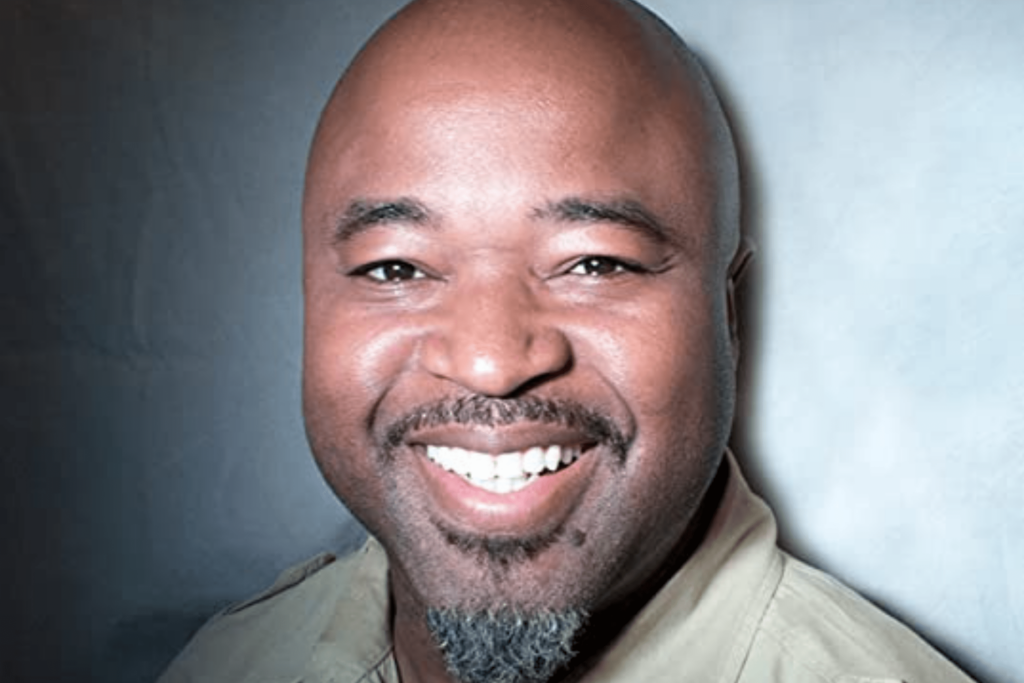
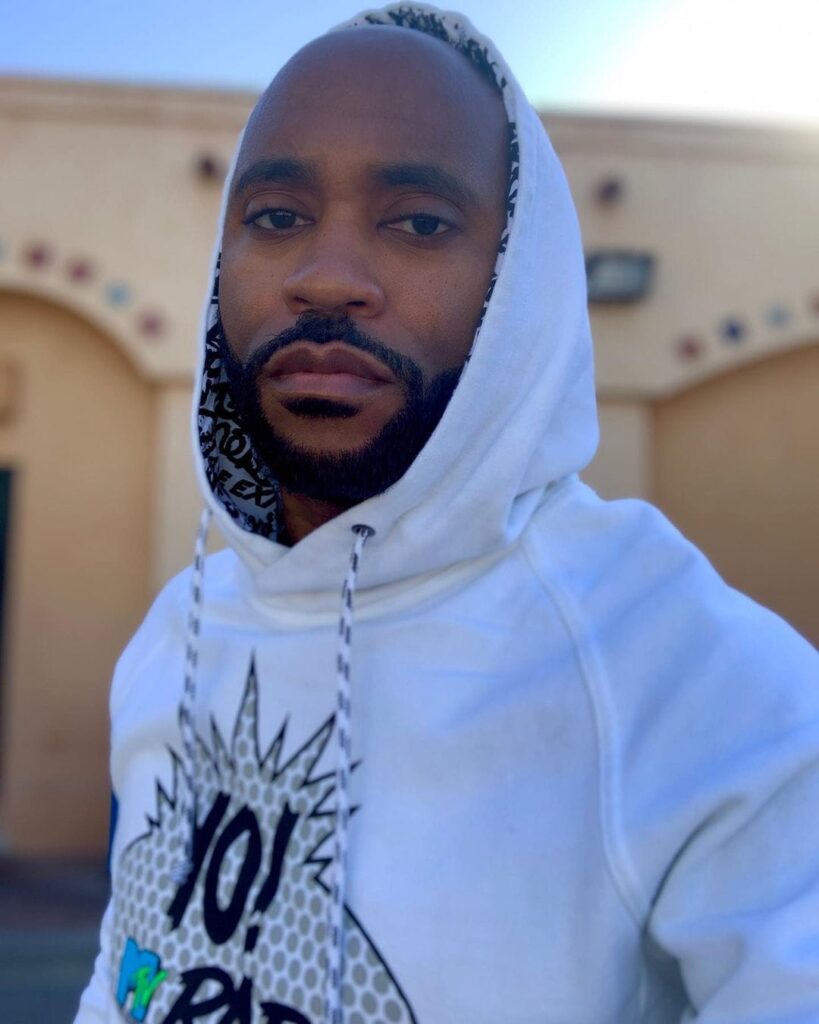
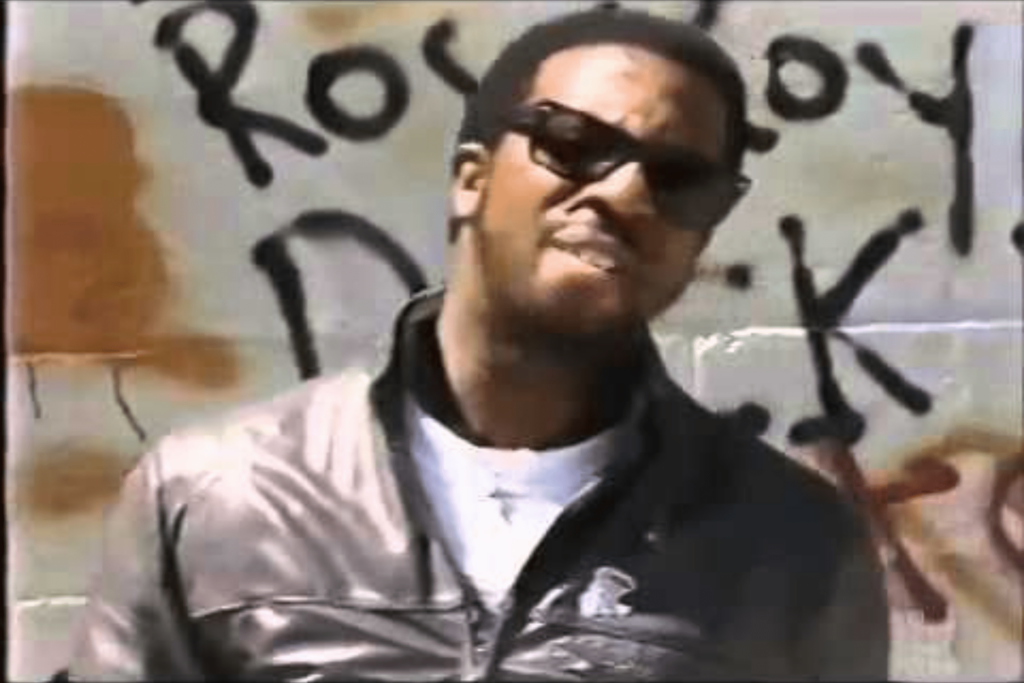
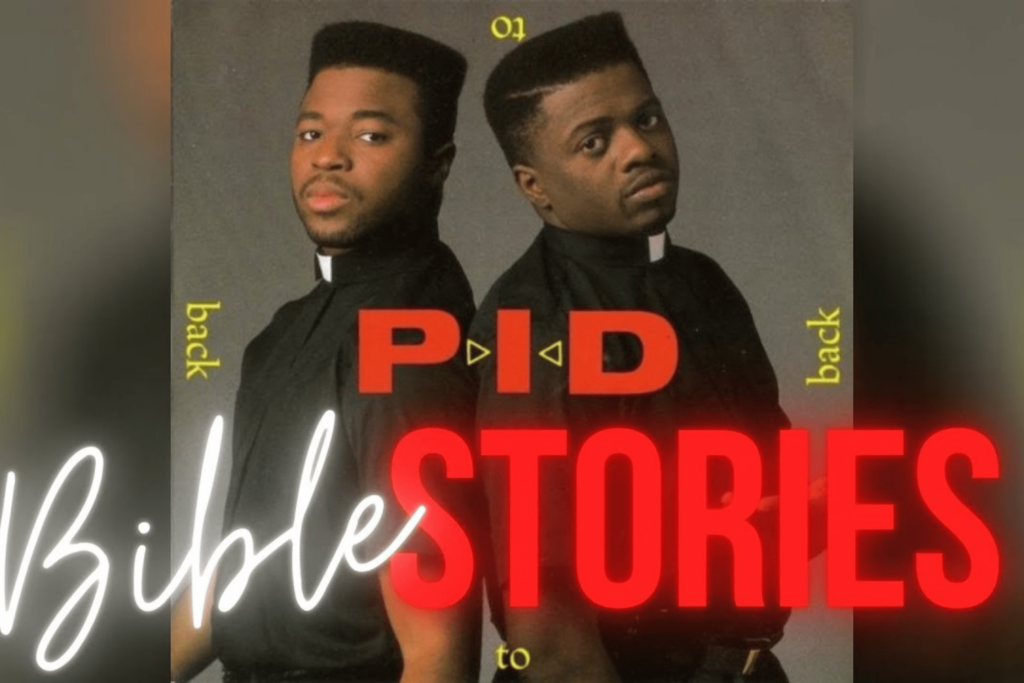

No Comment.